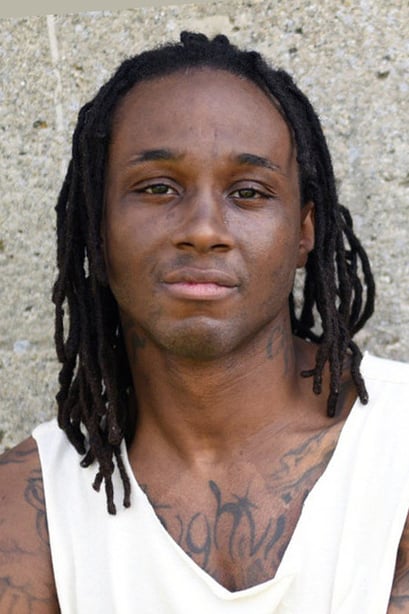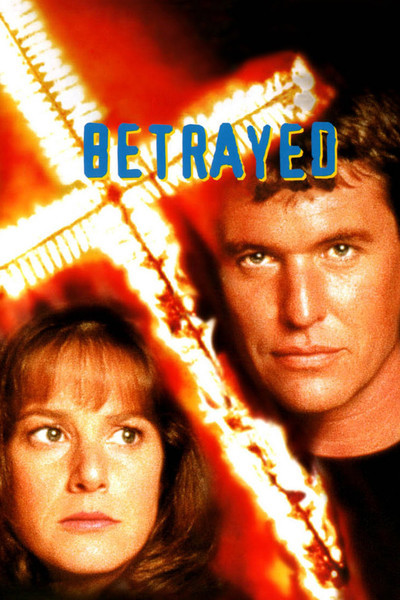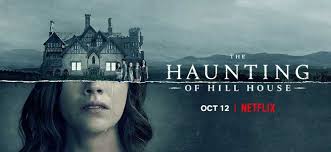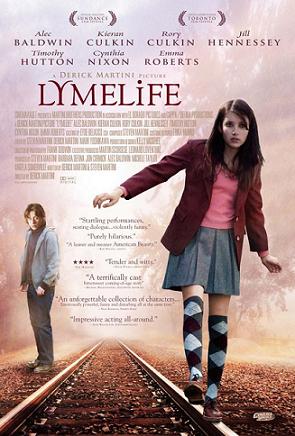
In a few hours, the 2019 Emmy nominations will be announced!
Since I love awards and I love making lists, it’s an annual tradition that I list who and what would be nominated if I had all the power. Keep in mind that what you’re seeing below are not necessarily my predictions of what or who will actually be nominated. Many of the shows listed below will probably be ignored tomorrow morning. Instead, this is a list of the nominees and winners if I was the one who was solely responsible for picking them.
Because I got off to a late start this year, I’m only listing the major categories below. I may go back and do a full, 100-category list sometime tomorrow. Who knows? I do love making lists.
Anyway, here’s what would be nominated and what would win if I had all the power! (Winners are listed in bold.)
(Want to see who and what was nominated for Emmy consideration this year? Click here!)
(Want to see my picks for last year? Click here!)
(Want to see my picks for 2012? I know, that’s kinda random. Anyway, click here!)
Programming

Outstanding Comedy Series
Barry
Brooklyn Nine-Nine
GLOW
It’s Always Sunny In Philadelphia
The Marvelous Mrs. Maisel
One Day At A Time
Veep
Vida

Outstanding Drama Series
Better Call Saul
Dynasty
Flack
Game of Thrones
The Magicians
My Brilliant Friend
Ozark
You

Outstanding Limited Series
Chernobyl
Fosse/Verdon
The Haunting of Hill House
I Am The Night
Maniac
Sharp Objects
True Detective
A Very English Scandal

Outstanding Television Movie
The Bad Seed
Bandersnatch (Black Mirror)
Brexit
Deadwood
King Lear
Native Son
No One Would Tell
O.G.
Performer

Outstanding Lead Actor in a Comedy Series
Iain Armitage in Young Sheldon
Ted Danson in The Good Place
Bill Hader in Barry
Pete Holmes in Crashing
Glenn Howerton in A.P. Bio
Andy Samberg in Brooklyn Nine Nine

Outstanding Lead Actor in a Drama Series
Penn Badgley in You
Jason Bateman in Ozark
James Franco in The Deuce
John Krasinski in Tom Clancy’s Jack Ryan
Bob Odenkirk in Better Call Saul
Dominic West in The Affair

Outstanding Lead Actor In a Limited Series
Hugh Grant in A Very English Scandal
Jared Harris in Chernobyl
Jonah Hill in Maniac
Chris Pine in I Am The Night
Sam Rockwell in Fosse/Verdon
Henry Thomas in The Haunting of Hill House

Outstanding Lead Actor In An Original Movie
Benedict Cumberbatch in Brexit
Anthony Hopkins in King Lear
Rob Lowe in The Bad Seed
Ian McShane in Deadwood
Timothy Olyphant in Deadwood
Jeffrey Wright in O.G.

Outstanding Lead Actress In A Comedy Series
Melissa Barrera in Vida
Kristen Bell in The Good Place
Alison Brie in GLOW
Rachel Brosnahan in The Marvelous Mrs. Maisel
Julia Louis-Dreyfus in Veep
Zoe Perry in Young Sheldon

Outstanding Lead Actress in A Drama Series
Emilia Clarke in Game of Thrones
Gaia Girace in My Brilliant Friend
Maggie Gyllenhaal in The Deuce
Laura Linney in Ozark
Margherita Mazzucco in My Brilliant Friend
Anna Paquin in Flack

Outstanding Lead Actress in a Limited Series
Amy Adams in Sharp Objects
India Eisley in I Am The Night
Carla Gugino in The Haunting of Hill House
Charlotte Hope in The Spanish Princess
Emma Stone in Maniac
Michelle Williams in Fosse/Verdon

Outstanding Lead Actress in an Original Movie
Shannen Doherty in No One Would Tell
Chelsea Frei in Victoria Gotti: My Father’s Daughter
McKenna Grace in The Bad Seed
Paula Malcolmson in Deadwood
Molly Parker in Deadwood
Christina Ricci in Escaping The Madhouse: The Nellie Bly Story

Outstanding Supporting Actor In A Comedy Series
Fred Armisen in Documentary Now!
Andre Braugher in Brooklyn Nine Nine
Anthony Carrigan in Barry
Tony Hale in Veep
Sam Richardson in Veep
Stephen Root in Barry

Outstanding Supporting Actor In A Drama Series
Jonathan Banks in Better Call Saul
Nikolaj Coster-Waldau in Game of Thrones
Peter Dinklage in Game of Thrones
Giancarlo Esposito in Better Call Saul
Peter Mullan in Ozark
Luca Padovan in You

Outstanding Supporting Actor In A Limited Series
Stephen Dorff in True Detective
Timothy Hutton in The Haunting of Hill House
Chris Messina in Sharp Objects
Stellan Skarsgard in Chernobyl
Justin Thereoux in Maniac
Ben Whishaw in A Very English Scandal

Outstanding Supporting Actor In An Original Movie
Jim Broadbent in King Lear
Bill Camp in Native Son
Theothus Carter in O.G.
Rory Kinnear in Brexit
Gerald McRaney in Deadwood
Will Poulter in Bandersnatch (Black Mirror)

Outstanding Supporting Actress in A Comedy Series
Caroline Aaron in The Marvelous Mrs. Maisel
Alex Borstein in The Marvelous Mrs. Maisel
Anna Chlumsky in Veep
Sarah Goldberg in Barry
Rita Moreno in One Day At A Time
Sarah Sutherland in Veep

Outstanding Supporting Actress In A Drama Series
Summer Bishil in The Magicians
Elisa Del Genio in My Brilliant Friend
Julia Garner in Ozark
Lena Headey in Game of Thrones
Elizabeth Lail in You
Shay Mitchell in You

Outstanding Supporting Actress In A Limited Series
Jessie Buckley in Chernobyl
Patricia Clarkson in Sharp Objects
Sally Field in Maniac
Patricia Hodge in A Very English Scandal
Connie Nielsen in I Am The Night
Emily Watson in Chernobyl

Outstanding Supporting Actress In An Original Movie
Kim Dickens in Deadwood
Florence Pugh in King Lear
Margaret Qualley in Favorite Son
Emma Thompson in King Lear
Emily Watson in King Lear
Robin Weigert in Deadwood

 Scientists at an arctic base make an amazing discovery when they find the body of a prehistoric man that has been perfectly preserved in the ice. Dr. Stanley Shepherd (Timothy Hutton) and his fellow scientists suspect that the Iceman (John Lone) might be in a state of suspended animation. Instead of performing an autopsy when the body thaws it, the scientists attempt to resuscitate him.
Scientists at an arctic base make an amazing discovery when they find the body of a prehistoric man that has been perfectly preserved in the ice. Dr. Stanley Shepherd (Timothy Hutton) and his fellow scientists suspect that the Iceman (John Lone) might be in a state of suspended animation. Instead of performing an autopsy when the body thaws it, the scientists attempt to resuscitate him.






























